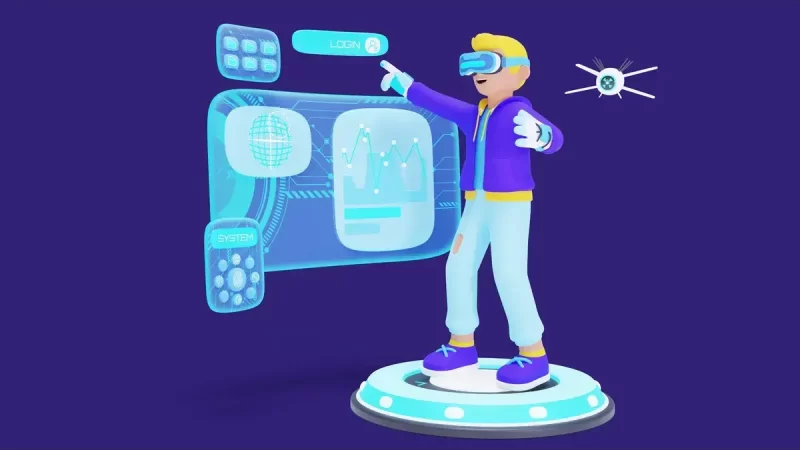AI-Generated Content: Rehashed Information from Various Websites

In the age of information, the internet has become an invaluable resource for individuals seeking knowledge on a multitude of subjects. However, with the vast amount of content available, a common practice has emerged – the rehashing of information from various websites. This practice involves taking existing information and presenting it in a slightly altered manner, often without adding significant value. This article delves into the phenomenon of rehashed information, its implications, and why content creators should strive for originality.
The Rise of Rehashed Content
The proliferation of rehashed content can be attributed to several factors. Firstly, the pressure to produce frequent content in the digital age has led some content creators to prioritize quantity over quality. This has incentivized the recycling of existing information as a quick and easy way to generate new material.
Additionally, the monetization of web traffic and clicks has fueled the production of content with catchy headlines and trendy keywords. This has given rise to the creation of superficial articles that merely restate facts without providing deeper insights or analysis. Such content may attract visitors seeking quick answers but fails to offer genuine value or depth.
Implications for Readers
For readers, the abundance of rehashed content can be both a blessing and a curse. On one hand, it provides a wide array of perspectives on a given topic. On the other, it often leads to confusion as similar information is presented with minor variations across different sources. This can make it difficult to discern credible information from repetitive noise.
Moreover, the prevalence of rehashed content can hinder true understanding. When multiple articles merely paraphrase each other, readers miss out on diverse viewpoints and nuanced discussions that can enrich their understanding of a subject.
Impact on Content Quality
The practice of rehashing information can have a negative impact on overall content quality. Instead of promoting original thought and analysis, it perpetuates a cycle of regurgitation. This hampers innovation and stifles the potential for new ideas to emerge.
Furthermore, search engines increasingly favor original and authoritative content, relegating rehashed articles to lower rankings. This has prompted some content creators to resort to clickbait tactics, further eroding the credibility of online information.
Striving for Originality
Amidst the sea of rehashed content, there is a growing recognition of the need for originality. Content creators are beginning to realize that standing out requires more than just recycling information. It demands in-depth research, unique insights, and a genuine passion for the subject matter.
Original content provides readers with fresh perspectives and engages them on a deeper level. It encourages critical thinking and fosters meaningful discussions. Moreover, search engines reward original content by boosting its visibility and credibility.
Key Takeaways
The prevalence of rehashed information from various websites is a common practice in the digital age. While it offers a broad spectrum of viewpoints, it can hinder genuine understanding and creativity. Readers must approach online information with discernment, and content creators should strive for originality to elevate the quality of digital discourse. As the digital landscape continues to evolve, valuing authenticity over replication will be essential for the continued growth of credible online content.
FAQs: Rehashed Information from Various Websites
Rehashed information refers to content that has been recycled from existing sources with minor alterations. This practice involves taking facts, ideas, or arguments from one or more sources and presenting them in a slightly different manner without adding substantial value or original insights.
Content creators often resort to rehashing due to time constraints, pressure to produce frequent content, and the ease of recycling existing information. This approach allows them to quickly generate new articles without conducting in-depth research or critical analysis.
Rehashed content can lead to confusion among readers as they encounter similar information presented with minor variations across multiple sources. It may hinder their ability to discern credible information from repetitive noise, potentially impacting their understanding of a subject.
While rehashed content can provide a variety of perspectives on a topic, its positive impact is often limited. It might be helpful for those seeking quick answers, but it generally lacks depth and originality, which are crucial for fostering genuine understanding.
Consuming rehashed content can result in a shallow understanding of a subject. It may discourage critical thinking and prevent readers from engaging with diverse viewpoints. Additionally, relying solely on rehashed information can hinder personal growth and learning.







